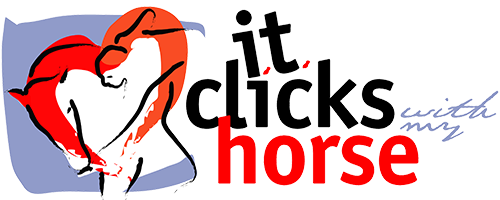Um, wat?
“Trust me, I’m a scientist”. Nog maar eens kreeg ik een mail in m’n mailbox met een gelijkaardige strekking. Niet precies die woorden, maar daar kwam het wel op neer.
Het probleem is: wetenschappers onderling zijn het duidelijk onderling ook niet eens. Wie moet ik dan vertrouwen?
Het is niet omdat je een universitair diploma hebt in biologie dat je weet hoe psychologie in elkaar steekt, en omgekeerd. De ene verkondigt zus, de andere zo. En dat is helemaal okee: het is precies debat en discussie en het vooropstellen van een theorie – om er daarna onderzoek naar te doen – die de wetenschap vooruit duwt. Zo volg ik een forum over human ethology, en daar wordt echt niet vriendelijk met elkaar omgegaan; met grote stelligheid worden tegengestelde meningen als feiten gepresenteerd. En beide meningen zijn goed gedocumenteerd door papers. Ik geloof in wetenschap, maar hoe meer ik me verdiep in wetenschap, hoe verbaasder ik soms ben dat we nog weten wat we weten.
Het is dus niet evident als je als leek tussen twee wetenschappelijke strekkingen terecht komt, en er een lijn in moet kunnen trekken.
Enfin, naar aanleiding van deze blog, mijn antwoord van 24 juli dat tot op vandaag nog steeds op moderatie wacht:
“You have a very outdated view on operant conditioning, which shouldn’t be equaled to the old behaviorism. Sure, Skinner laid out the foundations of operant conditioning, as did Pavlov for respondent conditioning – but after that so many scientists added upon it, and learning is now better understood than then. That still doesn’t make the operant conditioning theory moot – it is still the foundation. When a horse learns, it learns following the principles from operant conditioning, but it is evenly influenced by habituation, respondent conditioning, cognitive and social learning. That doesn’t diminish the importance of teaching people to look through the old and newly forged myths that surround horsemanship. Teaching them the basics of operant conditioning is a good place to start, because it teaches them to see that punishment happens where they think they are being ethical, and how far you can get with positive reinforcement alone. Teaching them about comparative psychology (with concepts like Theory of Mind) is a far more difficult endeavour, especially if you want to translate it into a practical method with as little noise as possible.
You accuse operant conditioning for operating in a vacuum, but even a cognitive ethologist like you should acknowledge that cognitive ethology doesn’t operate in a vacuum either. Everything is everything else.”
Hij mailde daarop natuurlijk wel, om te zeggen dat zijn methode erg praktisch is, en dat ik mocht komen kijken, maar dat hij tegen positieve bekrachtiging is. Ik vroeg uiteraard waarom dan wel, maar kreeg nog geen antwoord.
Ik kan het wel raden: wij clickertrainers manipuleren de onschuldige paardenziel.
En hij niet. Zijn paarden leren op een volkómen andere manier.
